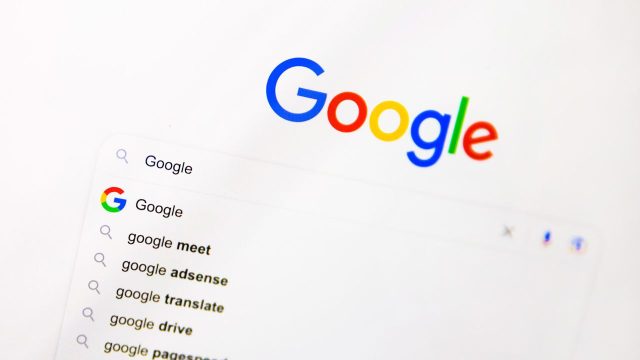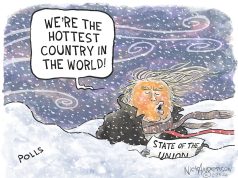
Google has emerged from landmark anti-trust proceedings “surprisingly unscathed,” said Richard Waters in the Financial Times. A “damning” ruling last year declared that Google behaved like a monopoly after it “was found to have squeezed out rivals” by paying Apple billions to make Google the default search engine on the iPhone, “giving it exclusive access to billions of people.” Federal regulators were hoping that federal Judge Amit Mehta would throw the book at Google by forcing it to sell off its Chrome browser or Android operating system. But Mehta opted against breaking up Google or barring it “from paying other tech companies to make its search engine the default in their products.” Instead, Google will be forced only to “reveal some of its search engine data” to rivals, a technical sanction “meant to remove some of the obstacles” to upstart competition. It’s a slap on the wrist that gives Google “a green light to turn up the heat.”
“As so often happens with antitrust,” the courts moved too slowly to keep pace with technological innovation, said The Wall Street Journal in an editorial. The case, which centered on Google’s search monopoly, looks increasingly obsolete with the rise of generative artificial intelligence and ChatGPT, which pose the first real challenges to search and web browsing. “DOJ’s goal was to hobble Google,” but as usual, “competition and innovation trumped the trust busters.” Antitrust laws “weren’t designed to work at the speed of tech,” said Dave Lee in Bloomberg. Mehta noted that “nobody mentioned generative AI during the initial trial” in 2023. He wisely concluded that much has changed. In today’s AI-driven tech landscape, Google is “perceived as struggling,” not dominant. “Restraining the company’s ability to compete” in 2025 would, ironically, “have risked reducing competition, not the other way around.”
Google still got “walloped,” said Binyamin Applebaum in The New York Times. Ordering Google to share its search data with rivals should “limit the dominance of the company’s internet search engine,” just as a settlement with the government in the early 2000s prevented Microsoft “from controlling the development of the internet.” That intervention allowed a then-smallish tech player, Google, to flourish. “It’s about time the government created room for the next generation of innovators.” In effect, the ruling “forces Google to sell competitors the rope they will then try to use to hang the company with,” said The Washington Post in an editorial. But it’s possible this would have happened anyway even without a ruling. “History is littered with supposedly permanent monopolies that crumbled in the face of new competition,” and while Google is nowhere near crumbling, its position as “everyone’s answer machine” is under threat. “Today’s winners are always only one disruption away from becoming yesterday’s news.”
Google’s antitrust case ends with a slap on the wrist as courts struggle to keep up with the tech industry’s rapid changes





